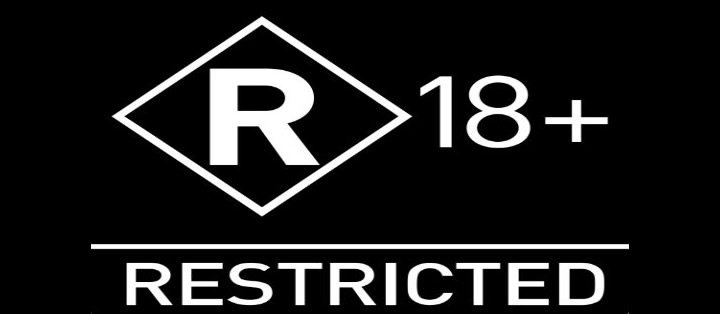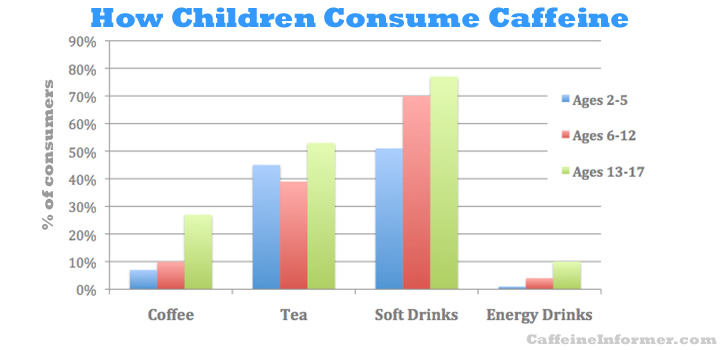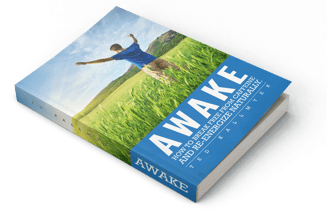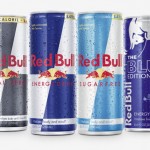Energy Drink Ban: Should Children Be Restricted From Buying?

A ban on the sale of energy drinks to minors in the USA is becoming more likely as more reports surface of their potential dangers to this age group.
Emergency room visits as well as reports to Poison Control Centers are all on the increase and now the government seems to be taking notice more than ever.
The FDA recently commissioned The Institute of Medicine to investigate this issue, so that they could make educated and informed decisions as part of their efforts to revise their caffeine in food and beverage guidelines.
The IOM’s Findings Regarding Children’s Consumption
The IOM referenced a study from The International Life Sciences Institute who has been tracking caffeine consumption in the USA. Here is how children are currently consuming caffeine.

What we can learn from the data:
- Energy Drinks make up just a small percentage of the way 2-17 year olds are consuming caffeine.
- Soda and tea are the primary caffeine sources for this age group.
- Energy drinks are more popular with 13-17 year olds or minor teenagers. However soda is by far the #1 caffeine delivery method for this age group.
The IOM also analyzed data from poison control centers from of reports of energy drink/energy product over-consumption. Here’s what they concluded.
In summary, energy product exposure calls to U.S. poison centers initially increased but appear to have stabilized, although without a full year (2013) of data, it is difficult to know whether the trend has in fact stabilized. Most energy product exposure calls are unintentional, followed by misuse and abuse. The most frequently reported clinical effects were agitation, irritability, and tachycardia. But 18 percent of energy product calls were recorded as having no effect.
However, The IOM noted that a Florida study indicated that emergency room visits were on the rise as a result of energy drink overdose and questioned their safety for children and children with medical conditions, since the overall safety of energy drinks is still unknown.
In 2013 The American Medical Association voted that the marketing of Energy Drinks to those under 18 should be suspended.
The FDA has not yet made a decision about the sale energy drinks to minors based on the IOM’s report.
More recently a group of researchers from The Rudd Center for Food Policy and Obesity, Yale University studied the issue and
concluded the following:
“These products pose a risk of caffeine toxicity when consumed by some young people, and there is evidence of other troubling physiological and behavioral effects associated with their consumption by youth.”
They are recommending that energy drinks be restricted for those under 18 years of age. Study Link.
Energy Drink Marketing to Teens
A report written by the staff of Senator Edward J. Markey (D-MA) in coordination with the staff of Senators Richard J. Durbin (D-IL), and Richard Blumenthal (D-CT) titled, “Buzz Kill” seeks to explore how energy drinks are being marketed and consumed by teens.
In the report they state the following:
“Overall, four out of 12 responding energy drink companies (Dr. Pepper Snapple, Red Bull, Monster, and Rockstar) demonstrated significant gaps in making commitments to protect adolescents from targeted marketing campaigns. These four companies represent approximately 90 percent of US energy drink sales. Four other energy drink companies (Arizona, Celsius, XYIENCE, and SK Energy) demonstrated high commitments to policies that would protect adolescents from potentially harmful advertising messages and promote informed use.“
They ultimately want to pass new guidelines that would:
- Cease the marketing of energy drinks to those under the age of 18.
- Enact improved label and caffeine safe limit guidelines by the FDA.
- Establish voluntary reporting of adverse reactions from energy drinks by the energy companies to the FDA.
- Cause the FDA to define what an energy drink is.
- Stop caffeinated beverages from being labeled and marketed as hydration beverages.
- Restrict energy drink sales at all K-12 schools.
History of Proposed Energy Drink Bans
Despite no national precedence, some jurisdictions have tried to establish local energy drink restrictions to minors. Here are some that we have tracked.
1. Kentucky legislators are looked at banning energy drink sales to minors (that’s anyone under 18).
[…] a student from Brodhead, Ky., inspired the bill when he related his experience with an energy drink for a contest called “It ought to be a law.”
“This young man bought an energy drink on the way to school one morning,” Ford said. “He had a situation that his heart started beating rapidly and he had a bad experience with it.”
Kentucky lawmaker Danny Ford placed a limit of 71mg caffeine per 12oz in his proposal.
This proposed measure did not pass.
2. Suffolk County (New York City) tried to ban the sale of energy drinks to those under 19 years of age.
This 2010 measure by county legislator Lynne Nowick targeted beverages with more than 80mg of caffeine per serving.
This measure didn’t pass. src.
3. Chicago attempted restricting those under 21 from buying energy drinks.
This 2012 ban was proposed by George Cardenas as a city-wide ordinance and targeted beverages like Monster and Rockstar.
This measure didn’t pass. src.
4. The City of Los Angeles city council is considering energy drink sales restrictions.
Councilman Bernard Parks proposed the motion on January 27, 2014. His plan is 3 fold but would involve establishing an age requirement for the purchase of energy drinks.
This measure is currently in debate. src.
5. Maryland is considering a teen energy drink ban.
Delegate Kathleen M. Dumais is sponsoring the bill that would be 3 fold:
- Prohibit energy drink sales to minors.
- Make it illegal for minors to posses energy drinks.
- Remove energy drinks from vending machines state-wide.
This legislation is pending.
src.
This measure was voted down and killed in committee with a 22-1 vote.
Caffeine Safety is Important
While there are substances that have far more reported cases of overdose and abuse than energy drinks, we feel that preventing even one needless caffeine death is worth action.
It is well worth looking at ways to be more diligent at preventing kids from consuming too much caffeine.
Many energy drinks do have more than the recommended safe caffeine dose for minors.
Whether banning energy drinks or restricting their sale to minors is the answer or not remains to be seen, but we do believe that education is extremely important.
It’s vital that both parents and children be aware of the amount of caffeine that is being consumed as well as the dangers that can result from consuming too much.
What do you think? Should the sale of energy drinks be restricted?
Reference: National Research Council. Caffeine in Food and Dietary Supplements: Examining Safety: Workshop Summary. Washington, DC: The National Academies Press, 2014.

Get Help Quitting Caffeine
Reduce your caffeine intake without pain and discomfort.
Download our FREE ebook




